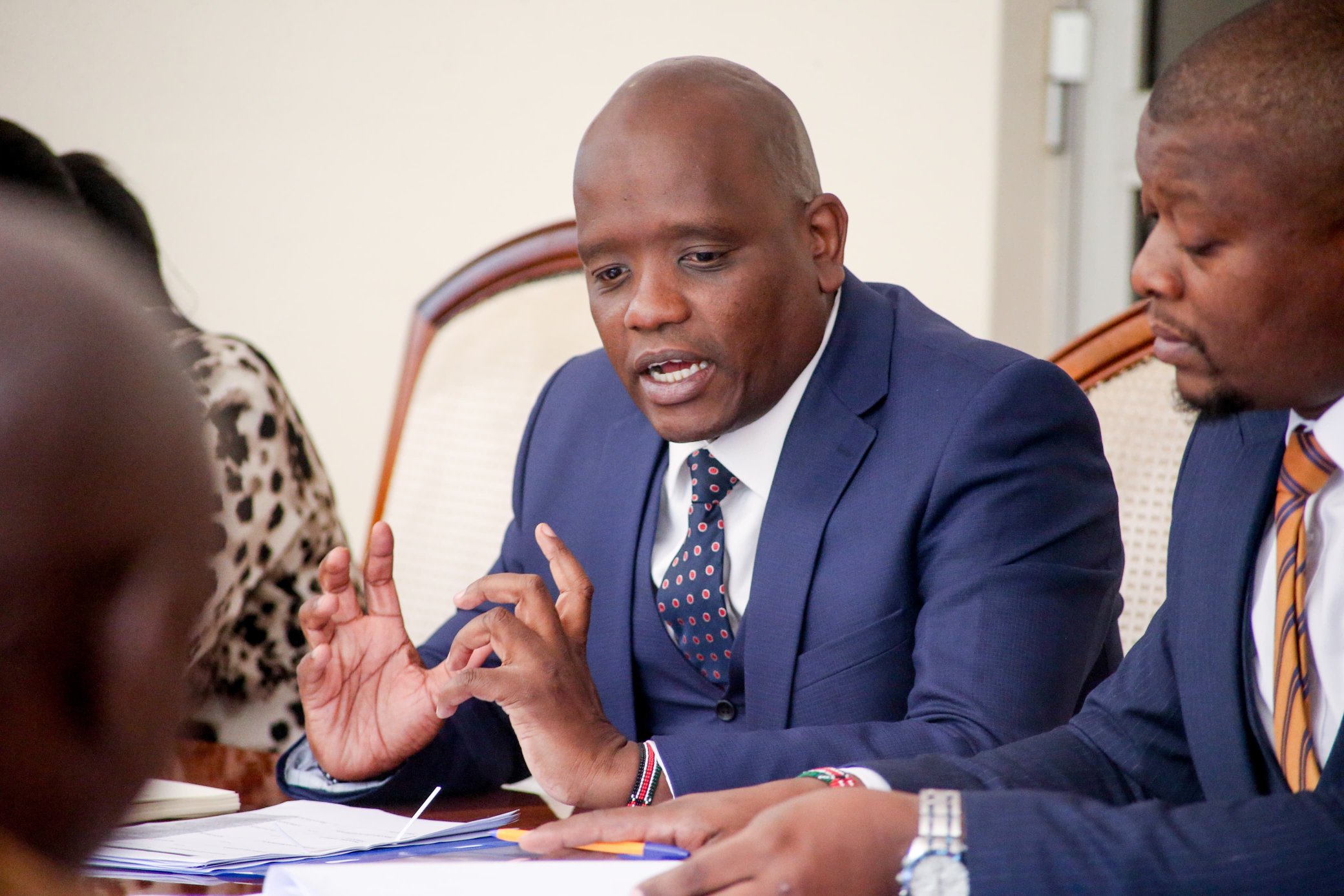

Head of Presidential Special Projects and Creative Economy,
Dennis Itumbi, has called out the National Authority for the Campaign Against
Alcohol and Drug Abuse (NACADA), over their proposed policy that will place a
ban on celebrities advertising alcohol if it becomes effective.
According to Itumbi, these celebrities are not only influencers
but entrepreneurs and also employers.
He went on to say the country’s digital economy is young
insisting that even though regulation is required, NACADA should first of all
engage the young people.
Itumbi reiterated that what is needed is not blanket ban but
smart and inclusive policies.
“Content creators are not just influencers, they’re
entrepreneurs, digital advertisers and job creators. Kenya’s digital economy is
young and growing. Regulation is necessary, maybe mandatory, but NACADA must
engage, not silence. We need smart, inclusive policy — not blanket bans,” he
said.
His remarks come after the launch of the National Policy for the Prevention, Management and Control of Alcohol, Drugs, and Substance Abuse (2025), proposing a ban on celebrity endorsements.
The proposal also seeks to ban the use of sports stars,
musicians, actors, influencers, and media personalities to promote alcohol will
be forbidden.
“There shall be no use of entertainment, sports
personalities, media personalities and models, social media influencers, or
celebrities in endorsing, promoting and advertising alcoholic drinks, drugs and
substances,” it states.
Anyone featured in an alcohol advertisement must be over the
age of 25, and even then, cannot be used in a way that promotes alcohol as part
of a desirable lifestyle.
In addition, alcohol-related competitions and promotions
that encourage excessive consumption to win prizes have been banned.
Free samples, discounted sales, or volume-based incentives
such as “buy one get one free” are now prohibited.
The policy, once effective, completely bans advertising,
promotion, and sponsorship of alcoholic products directed at persons under 21,
including in schools, universities, and at youth-oriented events such as
sports, music festivals, and talent competitions.
Alcohol promotions in and around learning institutions,
including tertiary colleges, are also strictly prohibited.
“There shall be no promotion of alcohol by way of providing
free samples or discounted sale,” part of the regulations reads in part.
To further shield young audiences, audio-visual alcohol
advertising will not be allowed between 5am and 10pm, the official watershed
hours, even if the broadcast originates from outside Kenya.
Online advertising and promotion of alcohol products are
also banned under the new policy. Outdoor advertising faces tight restrictions
as well.
Alcohol-related billboards and signage will no longer be
permitted on government property, hospitals, residential areas, or within 300
metres of any educational institution.
The use of promotional materials or branding that associates
alcohol with youth culture, such as through toys, cartoons, or trendy slang, is
outlawed.















